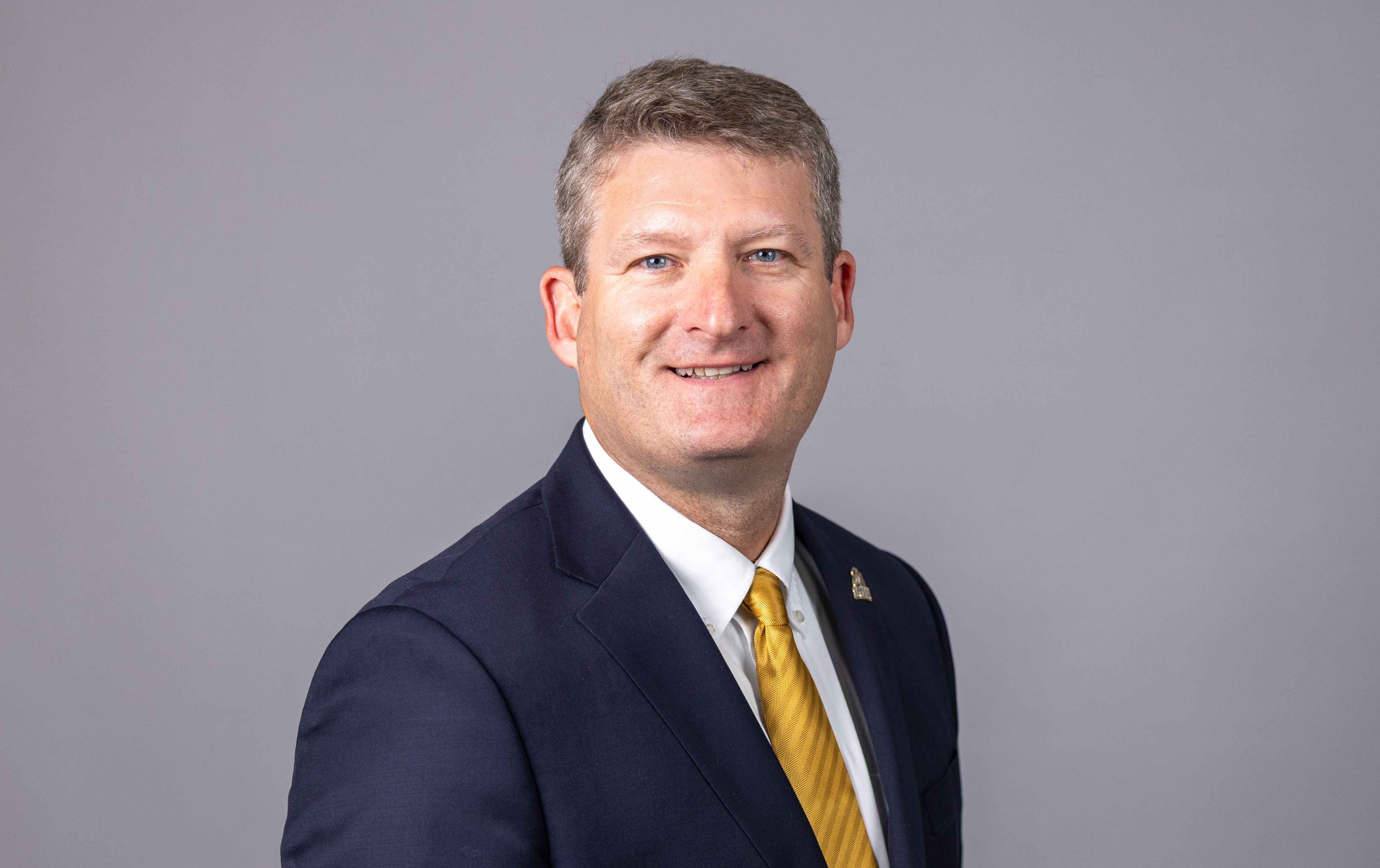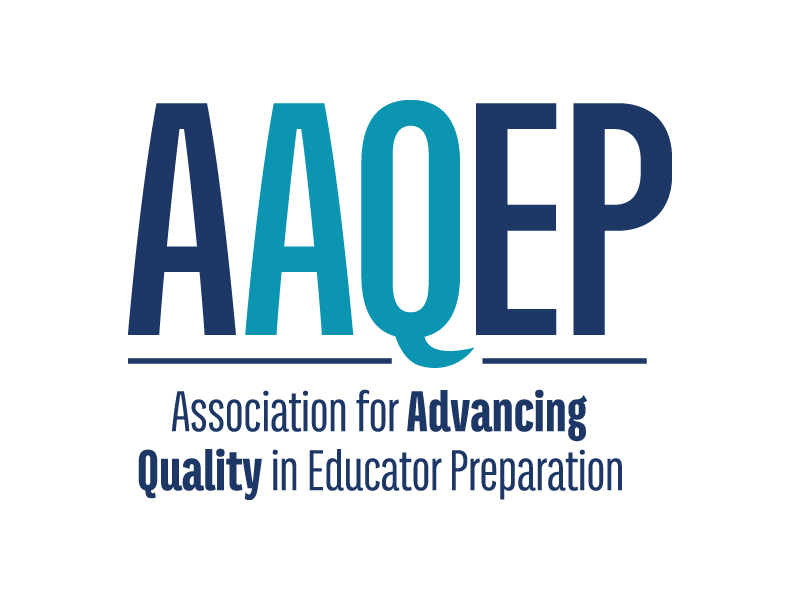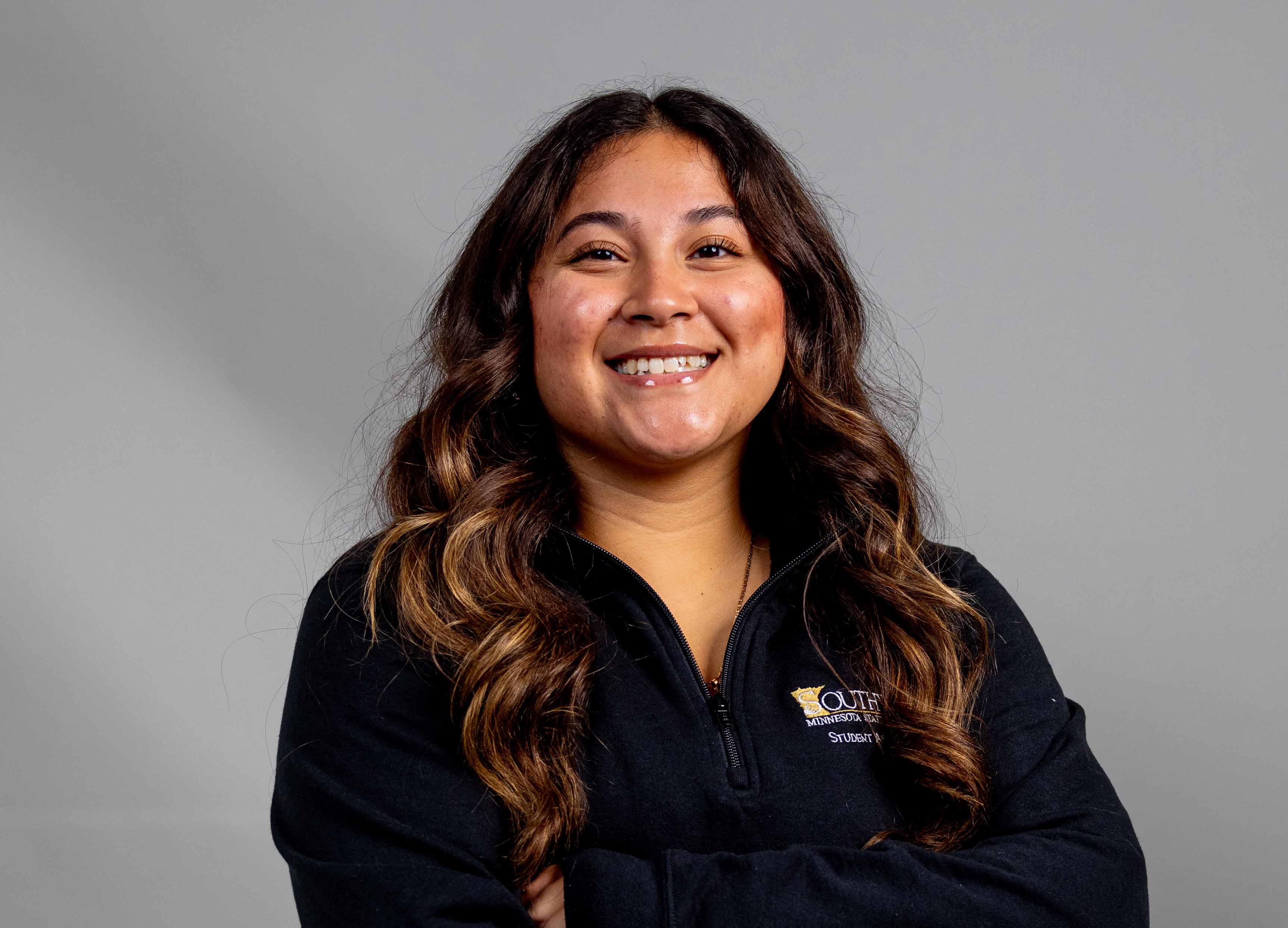SMSU Receives Grant to Support Student Success
Published Wednesday, September 23, 2020
Southwest Minnesota State University (SMSU) has been awarded a $580,000 grant from the Minnesota State Colleges and Universities system (Minnesota State) and MDRC for their Scaling Up College Completion Efforts for Student Success (SUCCESS) initiative. SUCCESS is a national effort to improve completion at colleges and universities by designing, implementing, and scaling comprehensive student support programs, which have been proven to increase graduation rates for traditionally underserved students.
Created in 1974 by the Ford Foundation and a group of federal agencies, MDRC is a nonprofit, nonpartisan education and social policy research organization dedicated to learning what works to improve programs and policies that affect the poor.
“We are excited and proud to receive this recognition,” said Dr. Ross Wastvedt, Provost at SMSU. “It is a testament to the strong efforts we have made to support students in these key areas. We are pleased to work with Minnesota State and MDRC on the long-term goal for campuses to close equity gaps and significantly increase completion rates.”
As stated in the award letter, “The Minnesota State and MDRC were highly impressed with plans to implement SUCCESS at Southwest Minnesota State University! We believe that your institution would be an excellent leader campus for Minnesota State and a great addition to the national SUCCESS network.”
SMSU will receive $580,000 over three years along with in-depth technical assistance to implement the SUCCESS model, which includes proactive coaching/advising, incentives to encourage student participation, and strategies focused on increasing student persistence and completion.
Research shows that several individual interventions designed to help students persist and complete can modestly improve short-term academic outcomes, but in isolation they do not produce big effects on graduation or substantially reduce opportunity gaps. Evidence also shows, however, that combining multiple evidence-based interventions into a single, long-term comprehensive program that lasts for the expected duration of students’ academic careers can produce dramatic improvements in educational outcomes, including graduation rates.
MDRC and Minnesota State will work with participating campuses to increase the number of students served at pilot colleges and to expand the model to other Minnesota State campuses. Pilot campuses will also participate in an evaluation of the program to determine the program’s impact on student outcomes, learn lessons about the scalability and financial sustainability of the SUCCESS model, and to help expand the program to other campuses in Minnesota State and across the nation.
Aimed at significantly improving completion rates for traditionally underserved students by scaling financially sustainable comprehensive programs, SUCCESS aligns well with Minnesota State’s Equity 2030 goal to eliminate equity gaps in educational outcomes by race, generation status, and socioeconomic status by the year 2030.
Related Articles
SMSU's Educator Preparation Program Earns National AAQEP Accreditation
Posted on 02-05-2026





